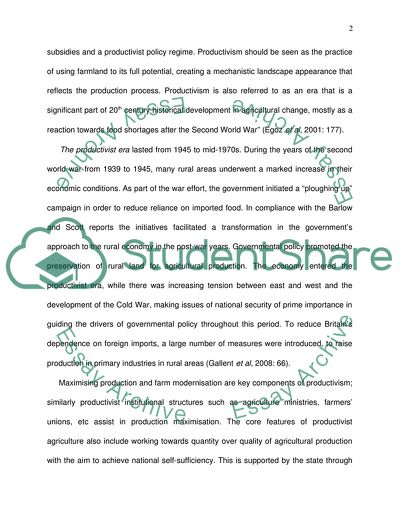Cite this document
(Productivist Agriculture and Its Related Problems Case Study, n.d.)
Productivist Agriculture and Its Related Problems Case Study. Retrieved from https://studentshare.org/agriculture/1552164-what-is-productivist-agriculture-what-are-its-related-problems-and-how-and-why-is-agriculture-changing-in-the-uk
Productivist Agriculture and Its Related Problems Case Study. Retrieved from https://studentshare.org/agriculture/1552164-what-is-productivist-agriculture-what-are-its-related-problems-and-how-and-why-is-agriculture-changing-in-the-uk
(Productivist Agriculture and Its Related Problems Case Study)
Productivist Agriculture and Its Related Problems Case Study. https://studentshare.org/agriculture/1552164-what-is-productivist-agriculture-what-are-its-related-problems-and-how-and-why-is-agriculture-changing-in-the-uk.
Productivist Agriculture and Its Related Problems Case Study. https://studentshare.org/agriculture/1552164-what-is-productivist-agriculture-what-are-its-related-problems-and-how-and-why-is-agriculture-changing-in-the-uk.
“Productivist Agriculture and Its Related Problems Case Study”. https://studentshare.org/agriculture/1552164-what-is-productivist-agriculture-what-are-its-related-problems-and-how-and-why-is-agriculture-changing-in-the-uk.


